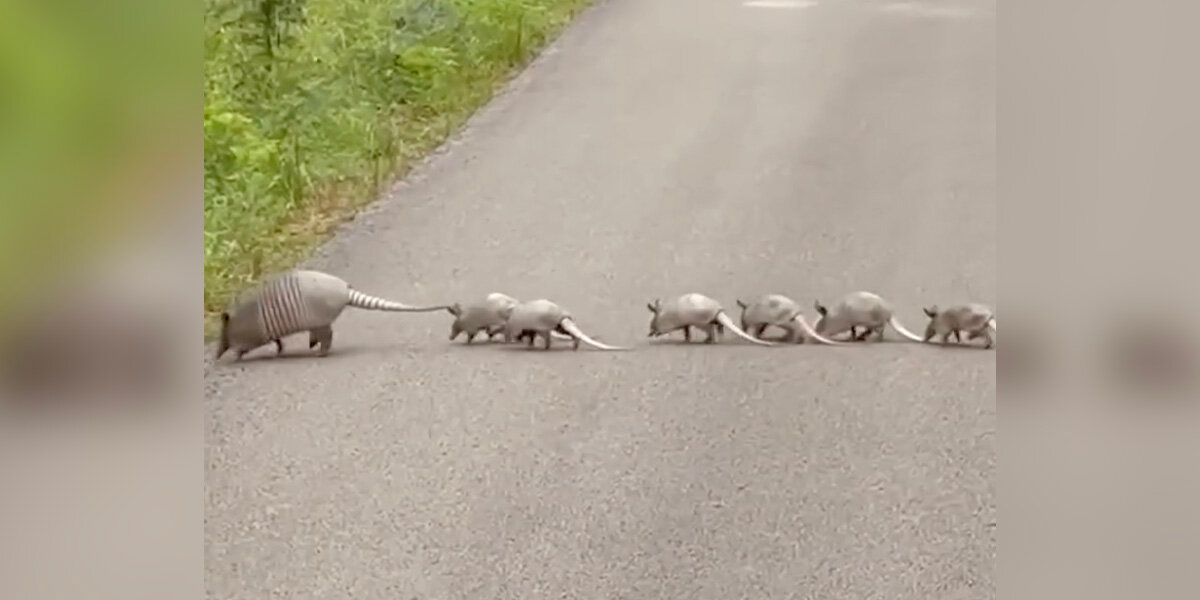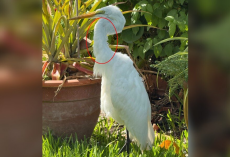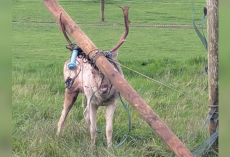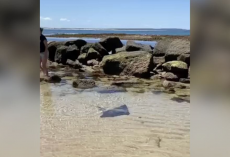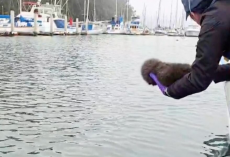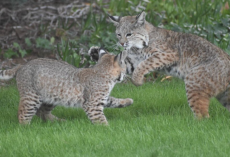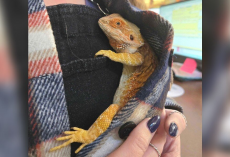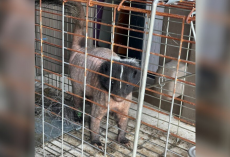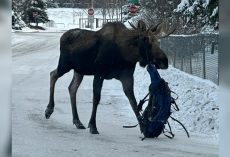On what seemed like a routine morning commute in Texas, Amanda Walding found herself suddenly stopping her car — not for traffic, but for something much more surprising.
Up ahead in the road, a cluster of small creatures was crossing in single file behind their mother. At first, Walding thought she was looking at a family of raccoons or opossums.
But as she rolled closer and slowed to a halt, she realized this was something far more unusual.
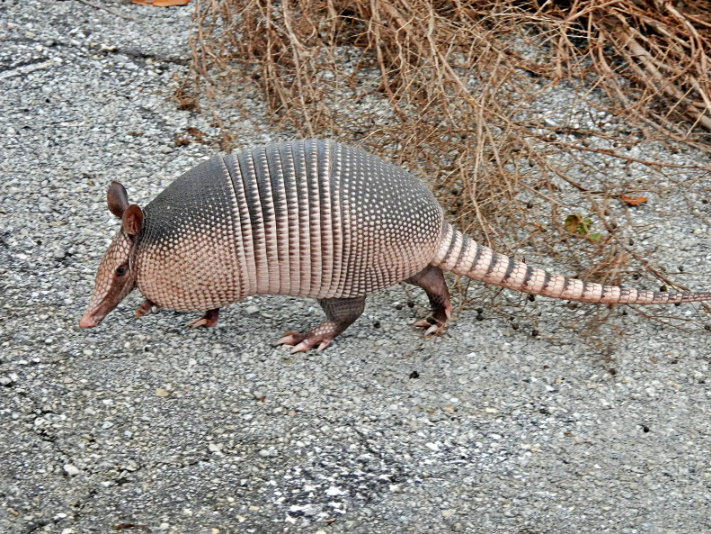
The animals were armadillos — and not just any armadillos. This mama had an entourage that would leave even seasoned wildlife experts amazed.
“1, 2, 3, 4, 5, 6 … wait, what?” wrote Texas Parks and Wildlife after Walding shared the moment with them. “Texas armadillos always give birth to identical quadruplets. But this mom has 7 pups — a rare occurrence!”
Walding captured a quick video of the armadillo family’s slow and steady crossing, stunned by what she was witnessing.
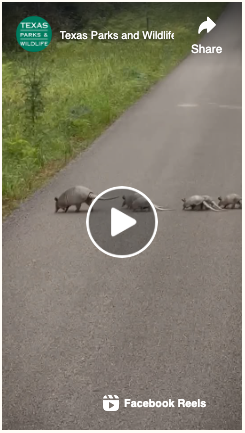
“I had seen baby armadillos one other time in the wild a couple of years ago,” she told The Dodo. “That momma had the typical four babies an armadillo has. I knew this was special and exciting when I counted that she had seven.”
While armadillos are known for their biological quirk — almost always giving birth to four identical young from a single fertilized egg — nature occasionally throws a curveball. According to the National Wildlife Federation, though rare, deviations from this genetic norm are possible.
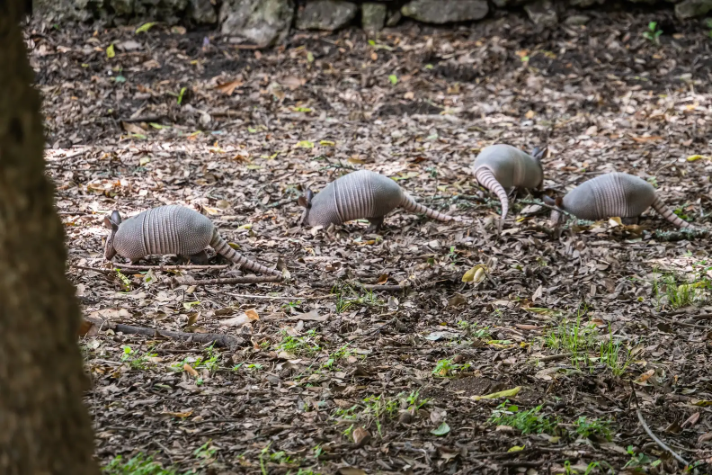
Texas Parks and Wildlife spoke with their wildlife specialists and confirmed that it is indeed biologically plausible for a single armadillo to have seven babies.
There's also a slim chance this mother adopted a few extra pups — perhaps orphans — though we may never know for certain.
What is clear: this determined mama had her paws full. Yet she managed to guide all seven babies across the road safely, giving Walding a memorable moment she’ll never forget.
“It’s always exciting to see baby wildlife in spring and early summer,” Walding said. “But this was something truly rare.”

